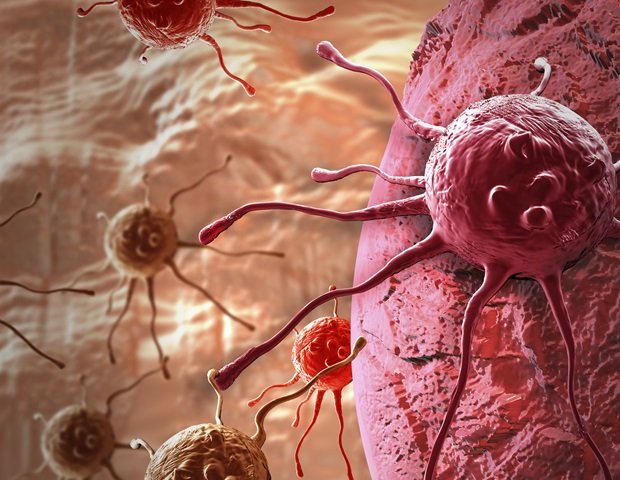The National Comprehensive Cancer Network® (NCCN®)—a global nonprofit alliance of leading cancer centers—is participating in a two-day Middle East North Africa (MENA)-NCCN Regional Coordinating Center meeting, starting today. The MENA-NCCN Regional Coordinating Center is supported by the Ministry of National Guard Health in Riyadh, Saudi Arabia. This office headed by Dr. Kanan Al Shammari- works closely with NCCN to ensure quality guideline adaptation and knowledge sharing since 2014.
During the international meeting, experts from across the region will present new and updated NCCN Clinical Practice Guidelines in Oncology (NCCN Guidelines®): MENA publications and selected topics highlighting cancer advances, challenges and opportunities in the MENA region. The NCCN guidelines® provide evidence-based consensus expert recommendations for cancer prevention, screening, treatment, and supportive care. NCCN Guidelines: MENA editions adapt these best practices for unique local/regional conditions.
NCCN Guidelines: MENA editions are available for free at NCCN.org/global or through the NCCN Guidelines Virtual Library® App.
“This gathering represents an important opportunity to continue to integrate global standards of cancer care with regional expertise, ensuring more equitable and effective treatment outcomes for people in the MENA region,” said Dr Al Shammari. “NCCN has a distinguished legacy of improving cancer care worldwide. We are pleased to work together to advance the impact of medical advances so that people with cancer and their loved ones can live better lives across our region .”
NCCN Specific Guidelines: MENA publications to be reviewed include those covering:
- Blood cancers
- Breast cancer
- Colorectal cancer
- Liver cancer
- Non-small cell lung cancer
- Prostate Cancer
- Genetics and Inherited Risk for Breast, Ovarian, Pancreatic, and Prostate Cancer
- Palliative Care
We are so proud of this ongoing relationship with cancer care specialists throughout the MENA region. Over the years, we have published more than a dozen NCCN guidelines specific to the MENA region, which apply to approximately 65% of all adult cancer cases here. This represents over 2,000 pages of clinical content updated every two years. We are honored to be able to work together to empower the MENA oncology community to provide high-quality cancer care, enhance scientific communication and improve patient access.”
Crystal S. Denlinger, MD, Chief Executive Officer, NCCN, who spoke during a session on NCCN’s history and global impact
The NCCN Guidelines: MENA editions offer color-coded guidelines for health care providers on how best to care for people with cancer. Black text represents current global recommendations, while blue italic text indicates appropriate and feasible regional modifications—as determined by country experts. Approaches that are not currently feasible are marked with gray deletion text.
The NCCN Global Program also includes NCCN Guidelines that have been translated over 270 times into 50+ different languages. The NCCN Harmonized Guidelines™ and the NCCN Framework for Resource Stratification (NCCN Framework™) provide additional recommendations for determining appropriate treatment for different resource strata.
NCCN also publishes NCCN Guidelines for Patients®; to provide clinical recommendations in non-medical terms for patients and carers. They are available for free at NCCN.org/patients—thanks to funding from the NCCN Foundation®-and have been translated into many languages, including Arabic.
